In the entrepreneurial journey, securing a loan marks a pivotal step towards growth and stability. For self-employed individuals, this process demands a keen attention to details and a proactive approach to financial management. Let's navigate the essentials for enhancing your loan application, ensuring you're poised for success.
Keep Your Financial House in Order
The cornerstone of any loan application is the ability to present a clear and comprehensive view of your financial health. For those who wear the entrepreneurial hat, this means maintaining meticulous organised financial records. Essential documents include up-to-date balance sheets, bank statements, tax returns, and profit and loss statements. Regularly reconciling your accounts not only provides a snapshot of your business's financial wellbeing but also equips you with the accurate data needed during the loan application journey.
Showcase a Reliable Stream of Income
Lenders' primary concern is your capacity to fulfill obligations promptly. For the self-employed, this translates to demonstrating a consistent flow of income. Typically, lenders will request financial statements along with personal and business tax returns spanning the last two years. Accuracy is paramount; inflated income figures can raise red flags, potentially jeopardising your application. A genuine portrayal of your income underscores reliability, paving the way for a smoother approval process.
Cultivate a Robust Credit Profile
A stellar credit history stands as a testament to your financial reliability. It's crucial to ensure that both your personal and business credit reports are accurate and up-to-date. Regular monitoring and prompt correction of discrepancies serve as preventative measures against potential setbacks. Demonstrating a history of managing debts responsibly can significantly bolster your loan application, reflecting your aptitude for handling financial obligations with grace.
Optimise Your Debt-to-Income Ratio
Your debt-to-income ratio offers lenders insight into your financial balance, indicating whether additional debt is within your management capabilities. For self-employed professionals, striking a healthy balance is key. Efforts to pare down existing debts, particularly those bearing high interest, can markedly improve your financial standing. A favourable debt-to-income ratio enhances your appeal to lenders, portraying you as a creditworthy candidate.
Charting the Path Forward
Navigating the loan application process as a self-employed individual may seem daunting, yet it remains within reach. By adhering to these four strategic pillars - maintaining precise financial records, demonstrating consistent income, building a strong credit history, and managing your deb-to-income ratio - you lay the groundwork for a successful loan acquisition. Remember, the journey to securing a loan is underscored by organisation, foresight, and financial discipline. With these principles at your helm, you're well-equipped to steer towards your lending goals, fuelling your entrepreneurial aspirations with the right financial support.

